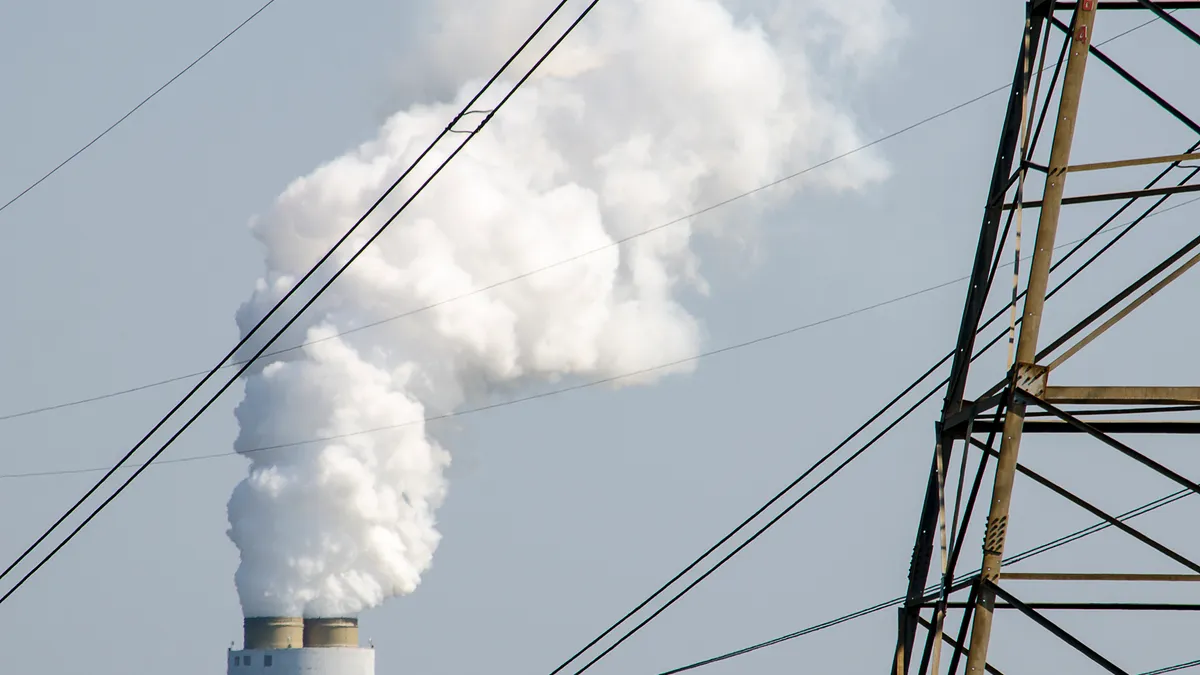Dive Brief:
- Citing significant interest and the "success of the West Virginia hearing," the U.S. Environmental Protection Agency provided details for three new public listening sessions — previously announced in December — on the proposed repeal of the Clean Power Plan, including February dates in Kansas City, Mo., and San Francisco, Calif., and a March date in Gillette, Wyo.
- Previously, EPA officials had planned only one listening event, which the agency held last year in coal country, in West Virginia.
- Both Delaware and New York recently held their own meetings in response to the Clean Power Plan repeal, with comments focused on the potential health impacts of eliminating the rule. At least two other states will host similar meetings.
Dive Insight:
EPA officials say they will re-open the public comment period for the proposed repeal of the Clean Power Plan, and will now take comments through April 26.
“In response to significant interest surrounding the proposed repeal of the Clean Power Plan and the success of the West Virginia hearing, we will now hold listening sessions across the country to ensure all stakeholders have an opportunity to provide input,” EPA Administrator Scott Pruitt said in a statement.
New scheduled meetings will be Feb. 21 in Kansas City; Feb. 28 in San Francisco; and March 27 in Gillette, Wyo. registration and other information will be posted here. EPA said pre-registration to speak at the meetings will begin when a notice is published in the Federal Register.
Implementation of the Clean Power Plan was halted by a Supreme Court freeze. The rule was expected to produce a 32% reduction in greenhouse gas emissions below 2005 levels by 2030. The Trump administration is now trying to repeal the Obama-era plan.
Delaware and New York each held a public meeting about the proposed repeal this week, and Pennsylvania and Maryland have planned public meetings for later this week, according to the Environmental Defense Fund.
Last month, EPA issued an Advance Notice of Proposed Rulemaking, seeking comment within 60 days on how it should replace the Clean Power Plan.
The fact that EPA will still be required to regulate the impacts of CO2 has led some groups to support a strategy of attacking the "endangerment finding" that underlies EPA's actions to address greenhouse gas emissions. It is not yet clear if the agency will attempt to challenge that finding.















